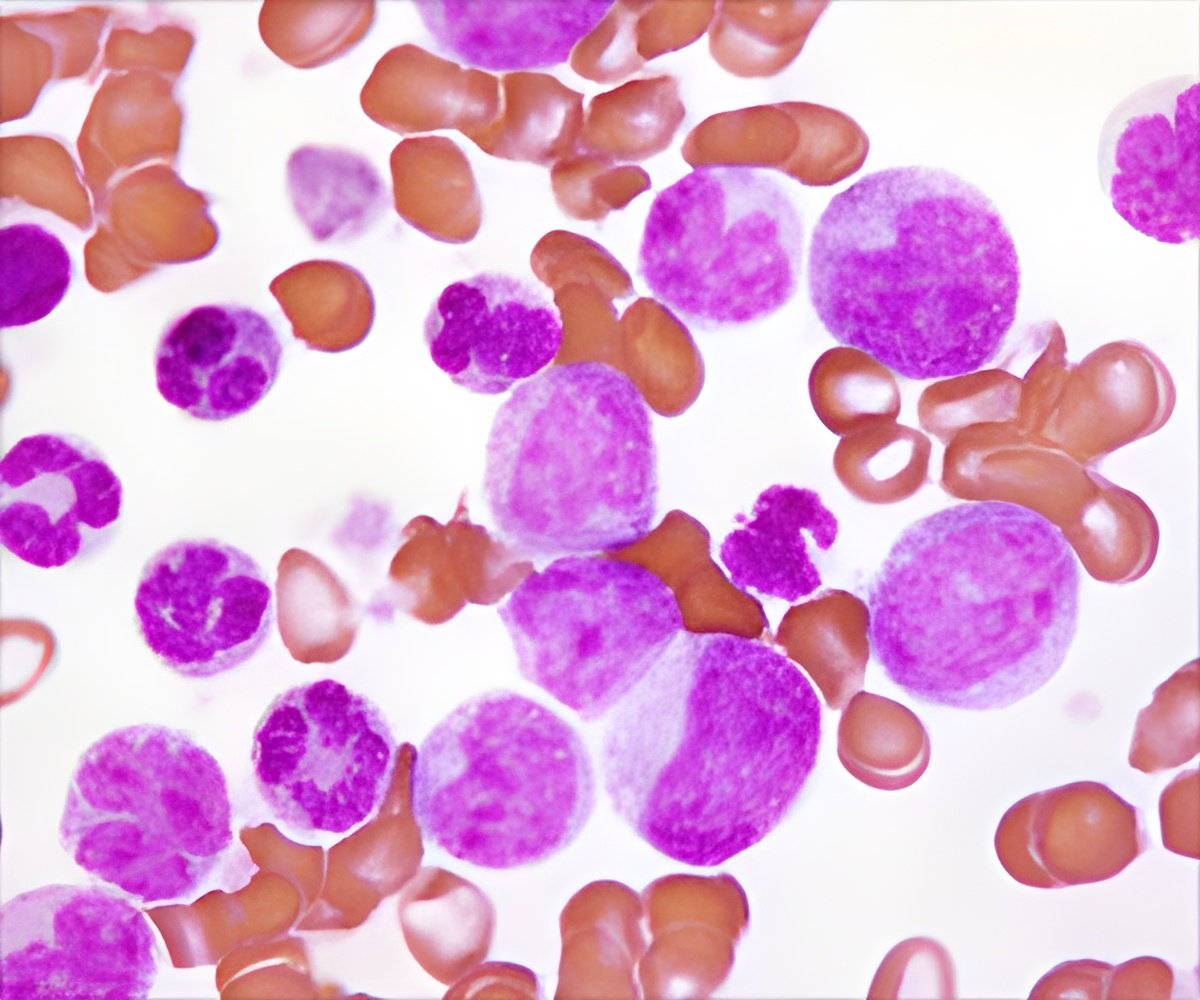Chronic Lymphocytic Leukemia (CLL), a form of blood cancer which often requires repeated chemotherapy treatment can now be treated in a novel and unique way as per researchers.

They were able to disrupt the activity of a pathway (NF-kappaB) that ensures the survival and resistance of the CLL cells in such microenvironments.
Danilov said that in this in-vitro microenvironment, we used MLN4924 to disrupt the activity of the NF-kappaB pathway by targeting Nedd8, which controls activation of NF-kappaB, asserting that this decreased the survival of CLL cells and re-sensitized them to conventional chemotherapy as well as novel agents. Because the CLL cells used were obtained from patients with this disorder, these findings are immediately relevant to the clinic.
Danilov says that unlike other novel therapies that have shown promise in the treatment of CLL, this approach is unique because it does not directly target proteins within the B-cell receptor pathway. He also notes that other research models that mimic the natural lymph node microenvironment have typically induced prolonged survival of CLL cells and made them resistant to in vitro chemotherapy. This research used novel model systems which reversed the pro-survival effects of the microenvironment.
The study has been published in the journal Clinical Cancer Research.
Source-ANI














